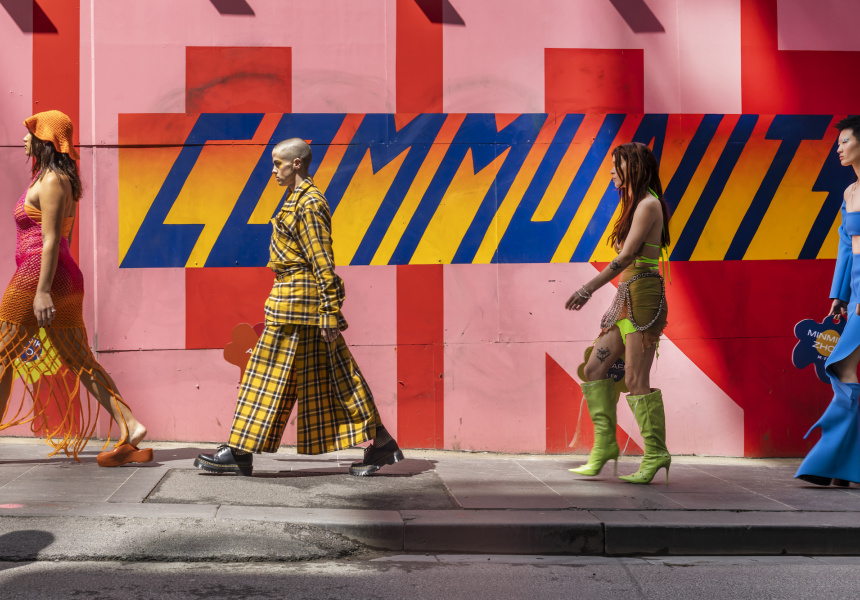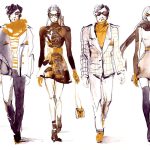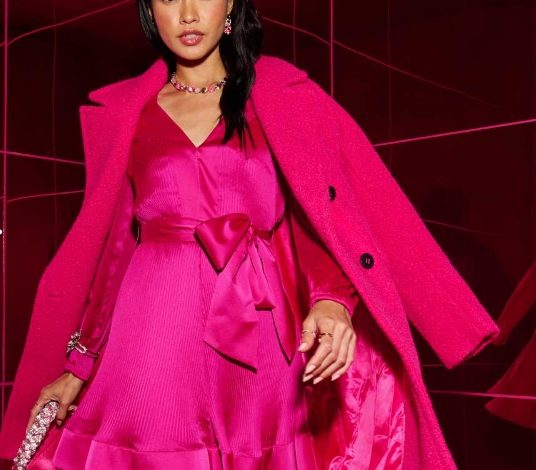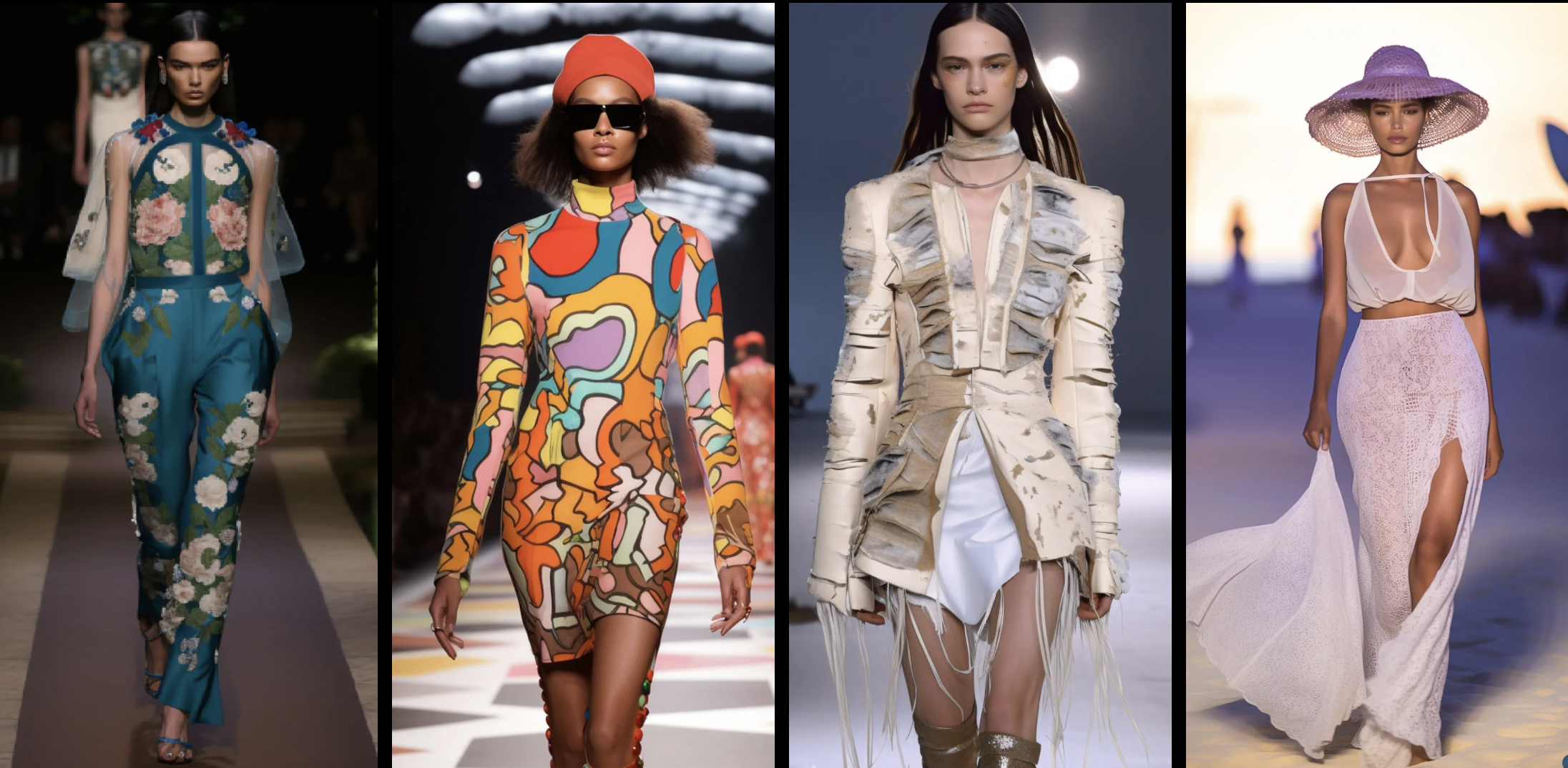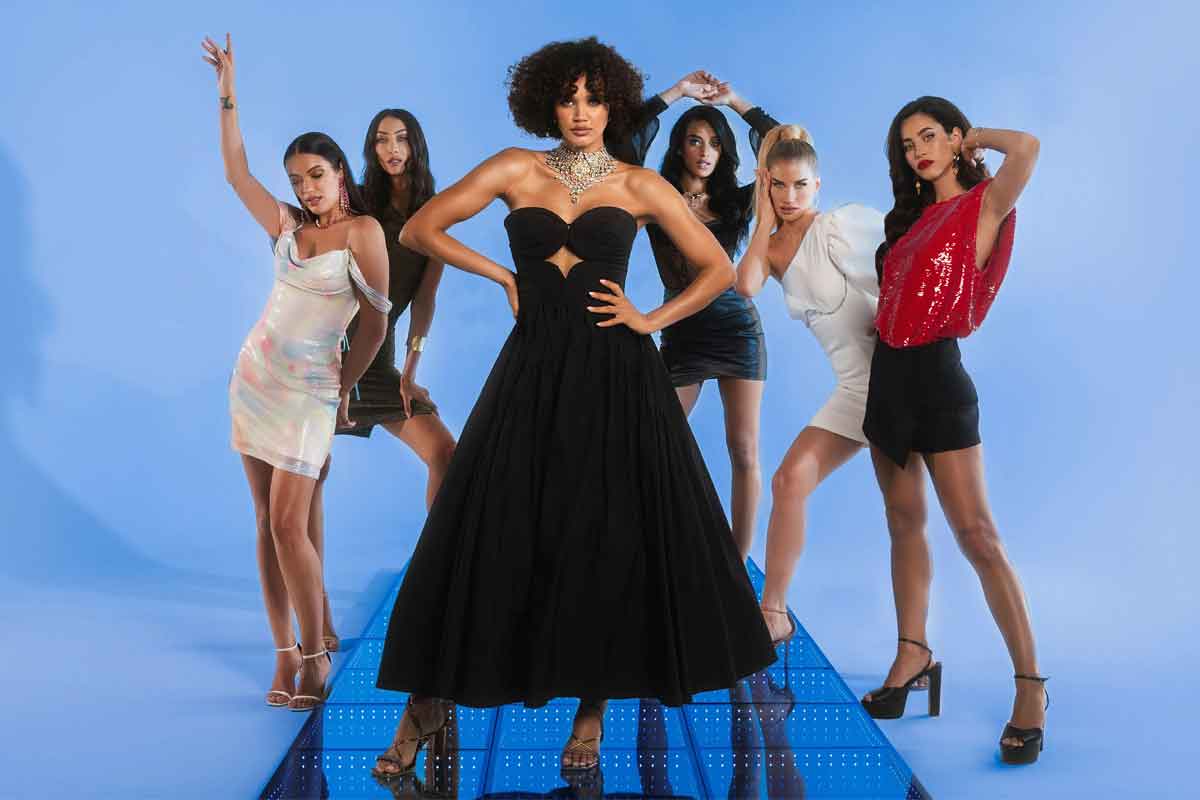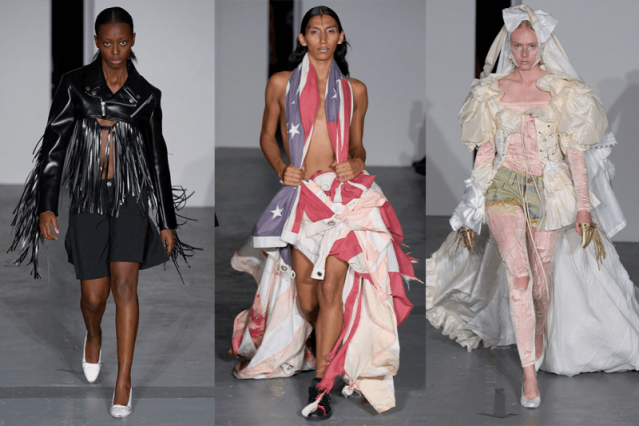
How Subversive Fashion Shapes Today’s World
In a world that often tries to fit individuals into boxes, fashion has emerged as a powerful tool for self-expression and subversion. From punk rock to gender-neutral clothing, the fashion industry has a long history of challenging societal norms and shaping cultural movements. In this blog post, we will explore how subversive fashion is not only a reflection of social change but also a catalyst for it.
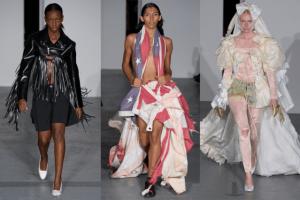
Growing up, my personal style was always a way for me to rebel against conformity. While my classmates opted for the latest trends, I gravitated towards unique pieces that made a statement. Little did I know that my love for unconventional fashion was connected to a much larger movement happening around the world.
One of the most influential subversive fashion movements in recent history is punk rock. Born in the 1970s, punk fashion emerged as a rejection of mainstream ideals and a vehicle for political and social commentary. As a teenager, I was drawn to the rebellious nature of the punk aesthetic. The bold, torn clothing, piercings, and vibrant hair colors were a way to challenge traditional beauty standards and question the status quo.
Beyond its striking appearance, punk fashion was deeply rooted in a spirit of dissent. The DIY culture of creating one’s clothes from found objects or repurposed materials encouraged individuals to challenge consumerism and reject the notion of what was considered “fashionable.” By refusing to conform to societal norms, punks used their unique style to protest against the injustices they saw in the world.
Fast forward to today, and subversive fashion continues to shape our culture. From gender-neutral clothing to body positivity movements, fashion is increasingly becoming a platform for inclusivity and acceptance. As a gender-fluid person, I have found solace in the rise of gender-neutral fashion. For too long, traditional fashion has confined individuals to narrow categories of “men” and “women,” limiting self-expression and perpetuating harmful stereotypes. The emergence of gender-neutral clothing allows us to transcend these limitations and express ourselves authentically, regardless of societal expectations.
But subversive fashion is not just about breaking stereotypes; it is also a catalyst for social change. Take, for example, the rise of sustainable and ethical fashion. As the devastating impact of fast fashion on the environment and human rights became increasingly apparent, consumers and designers started pushing back. Sustainable fashion is no longer limited to bohemian prints or expensive designer labels; it has become an accessible and growing movement.
Through my own journey of learning about the detrimental effects of the fashion industry, I have made conscious efforts to support sustainable brands. By choosing ethically-made and environmentally-friendly clothing, I am taking a stand against the exploitative practices that are prevalent in the fashion industry. This personal choice is not only a way to align my values with my fashion choices, but it is also a small contribution to a larger movement towards sustainability and social responsibility.
Subversive fashion also intersects with the fight for body positivity. The fashion industry has long perpetuated unrealistic beauty standards, promoting thinness and airbrushing imperfections. However, a shift is occurring as individuals and designers embrace diversity and celebrate all body types. Fashion brands are now including models of various sizes, skin colors, and abilities, challenging the idea that beauty is confined to a particular mold.
As someone who has battled with body image issues, the rise of body positivity in the fashion industry has been incredibly empowering. It has allowed me to embrace my body as it is and reject the harmful messages that society often sends about what is considered beautiful. The representation of diverse bodies in fashion not only helps individuals feel seen and accepted but also dismantles harmful beauty standards that have long plagued our society.
In conclusion, subversive fashion is a powerful tool for self-expression and societal change. From punk rock rebellions to the rise of sustainable and inclusive fashion, it continuously challenges the status quo and encourages individuals to question and reshape societal norms. As the fashion industry continues to evolve, it is crucial that we support brands and movements that prioritize values such as sustainability, inclusivity, and body positivity. Through our fashion choices, we can contribute to a world that values individualism, acceptance, and a more sustainable future.

